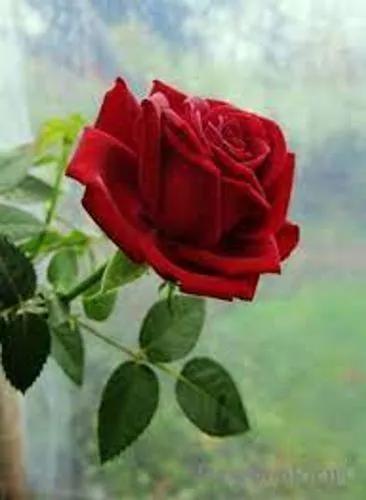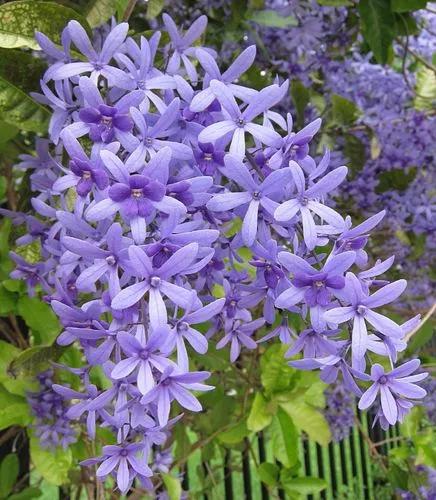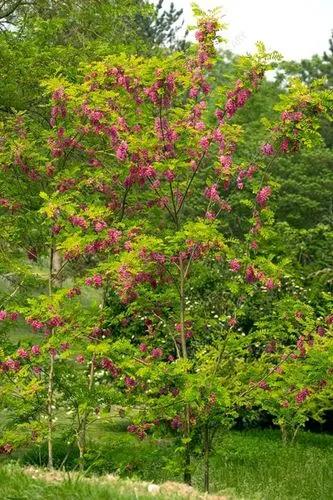Iris foetidissima, the stinking iris, gladdon, Gladwin iris, roast-beef plant, or stinking gladwin, is a species of iris found in open woodland, hedgebanks and sea-cliffs. Its natural range is Western Europe.
Roast-beef Plant Care
Iris foetidissima
Other names: Stinking Iris



Iris foetidissima, commonly called stinking iris, Gladwin iris and coral iris, is perhaps grown more for its attractive coral seed clusters than for its flowers. This is a rhizomatous, beardless iris which typically grows 1.5 to 2' tall. Pale lilac flowers bloom in late spring on scapes rising 10-24" tall. Flowers are followed by seed capsules which mature over the summer and split open in early fall to reveal stringy clusters of bead-like, bright orange-red seeds which are extremely showy and persistent, often remaining in the open pods on the plants well into winter. Seed stalks are valued for dried flower arrangements. Dark green sword-shaped linear leaves (to 24" long and 1" wide) are unpleasantly aromatic (though not necessarily fetid as the species name suggests) when cut or bruised. Genus named for the Greek goddess of the rainbow. Specific epithet means very bad-smelling.
How to Care for the Plant

Water

Iris foetidissima doesn't like to dry out too much but are drought tolerant once established. Keep them evenly moist when possible, watering them deeply two or three times a week until they are established but allowing them to dry slightly between watering.

Fertilizer

Irises can be fertilized in the spring with a top dressing of a general (10-10-10) fertilizer.

Sunlight

The plant succeeds in most positions in sun or partial shade.

Soil

Best grown in moist, humusy, well-drained soils.

Temperature

The evergreen leaves are not very hardy, being killed back by cold winds around -15°C, though the rootstock is much hardier and the plant soon recovers in spring.

Popularity

757 people already have this plant 64 people have added this plant to their wishlists
Discover more plants with the list below
Popular articles






